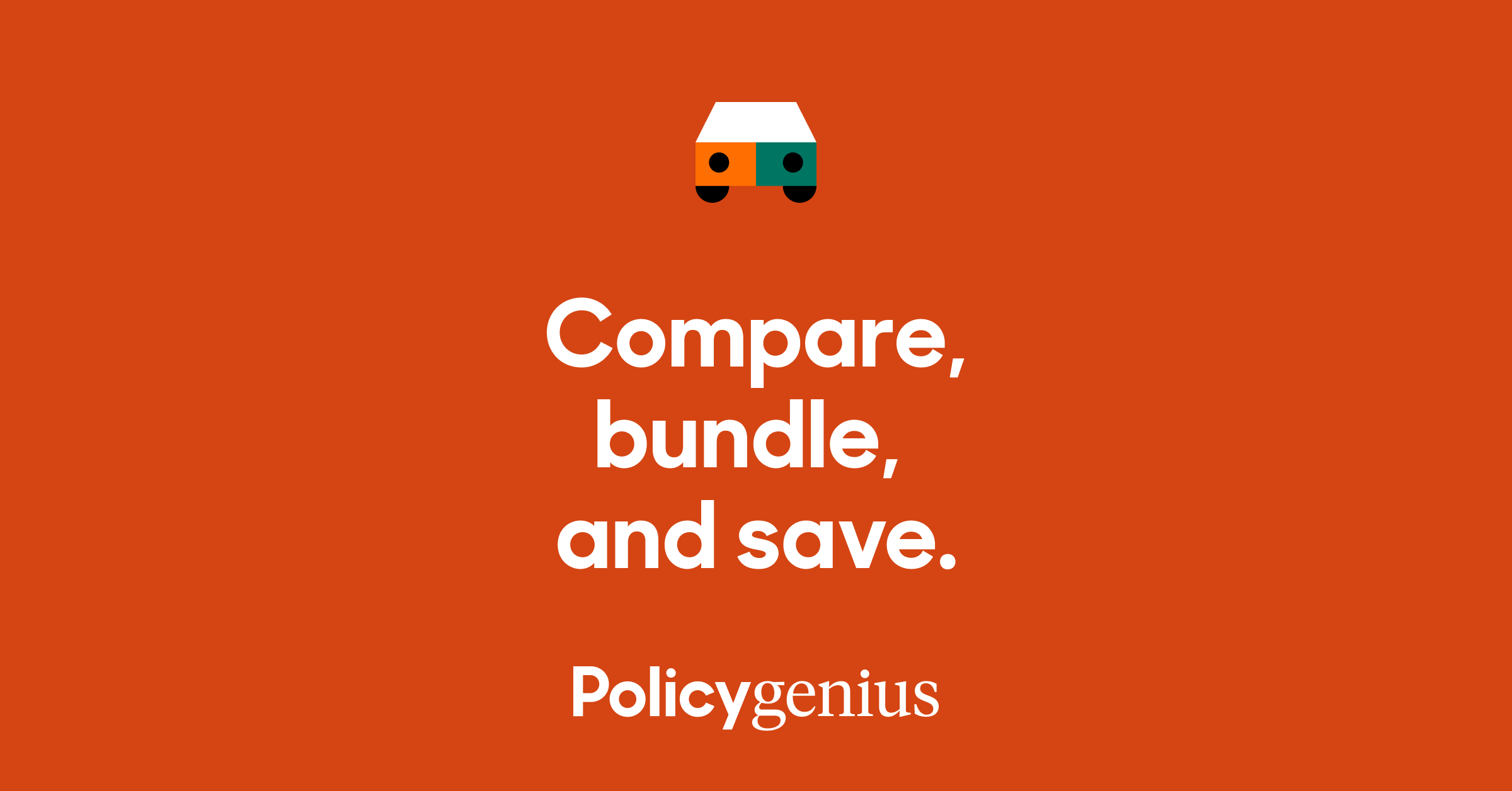Learn the difference between short term disability vs. long term disability insurance, including how they work, how to qualify, and how long each lasts.
When it comes to voluntary benefits, knowing what to offer your employees may be challenging. For your employees, understanding the right coverage types and levels can be overwhelming; in the event that they experience a disability, they may not have adequate coverage in place.
Disability insurance is a special type of insurance that protects your ability to earn a paycheck in the event that you experience a serious illness or injury. Disability insurance is not designed to provide benefits if you miss a week of work due to the flu. Instead, it provides coverage after a predetermined waiting period (called the elimination period) for conditions that would keep you from working for extended periods of time. Disability insurance is generally categorized as short-term and long-term, and each type of insurance has unique benefit periods, elimination periods, and benefit amounts.
Short-term disability is a type of voluntary insurance that replaces part or all of an employee's income in the event of a temporary disability. Typically, this insurance policy is paid in full or in part by the employer, and the employee must be unable to perform their normal work duties, due to illness or injury, to qualify for benefits under the policy.
Although this coverage may seem similar to workers' compensation coverage, the two coverage types have very different applications. Workers' compensation provides coverage when the illness or injury occurred at work or as a direct result of work activities, whereas short-term disability will provide coverage even when the employee is injured outside the workplace. Generally, an employee cannot qualify for benefits under both workers' compensation and short-term disability for the same incident at the same time.
Short-term disability is designed to protect both the employee and the employer if the worker can no longer do their job as a result of illness or injury. When a qualifying event happens, an employee can file a claim with a disability insurance company to receive the amount of income specified in the policy benefits. This helps to protect the employee from financial hardship during the recovery period by providing temporary income for routine expenses.




/GettyImages-113809074-e9a6869a2c2f458b91e71dbd7348a3dd.jpg)
![Temporary Motorcycle Insurance: 1 Day to 6 Months [Pay As You Go]](https://motorcycleridecoverage.com/wp-content/uploads/2015/05/Bike-for-Tour-300x180.jpg)


















